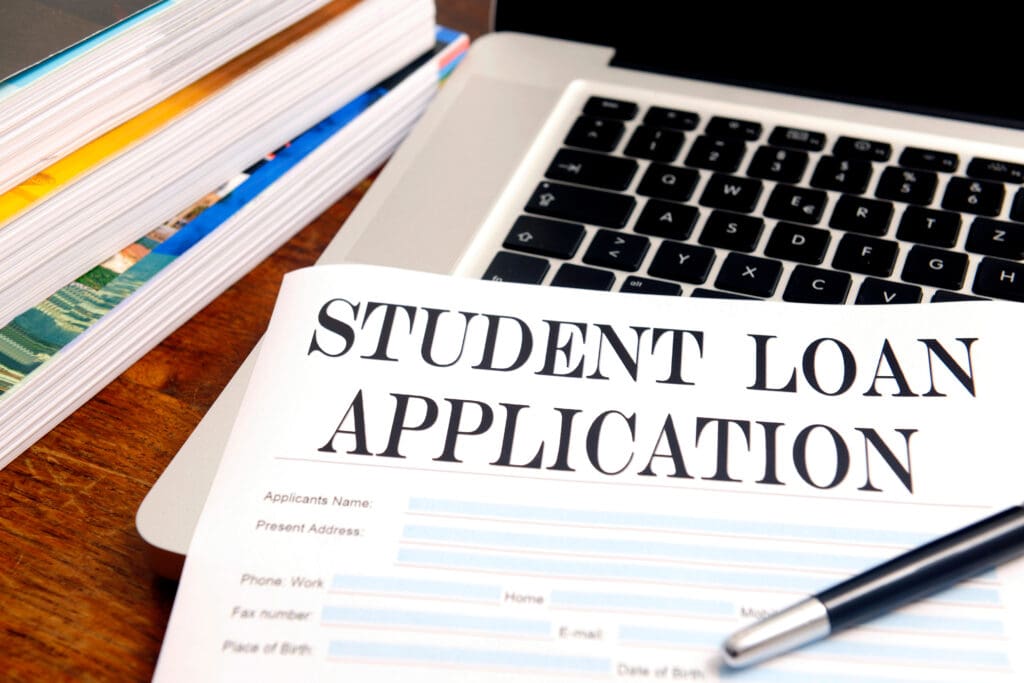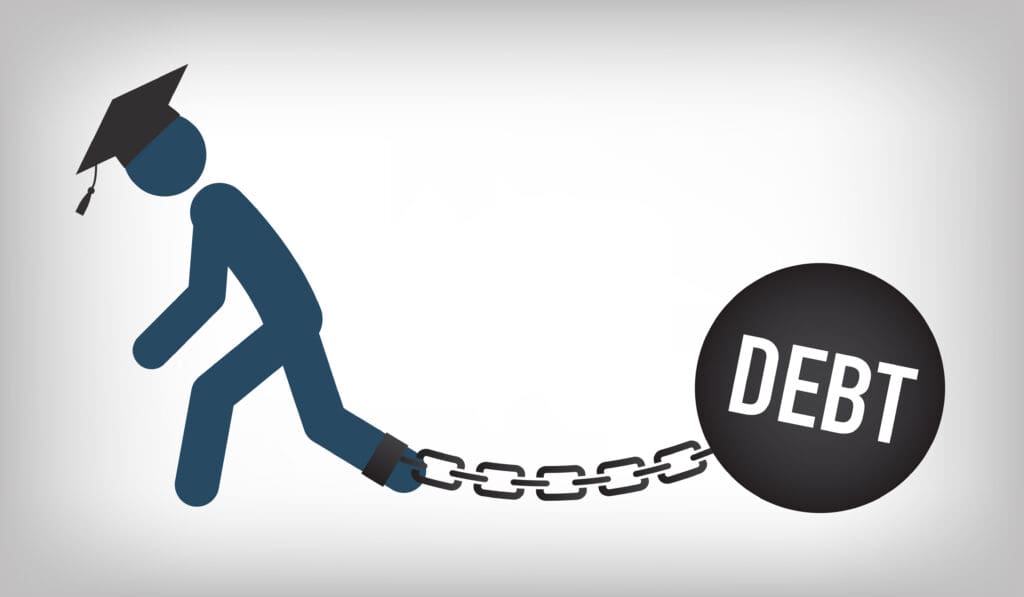The intersection of expungement and student loans is a complex and often misunderstood area of law. For individuals with a criminal record, expungement allows them to clear their past and move forward with a clean slate. The presence of student loan debt can create additional challenges in the expungement process.
Understanding the purpose of expungement, its impact on student loans, the eligibility criteria, and the steps involved is crucial for individuals seeking to navigate this legal terrain. In this article, we will delve into the intricacies of expungement, explore its relationship with student loans, and provide valuable insights into the requirements, process, and post-expungement implications. Whether you are considering expungement or grappling with student loan issues, this comprehensive guide will equip you with the knowledge to make informed decisions and navigate this intersection confidently.
How Do Student Loans Affect Expungement?
The interaction between student loans and expungement is a nuanced and complex issue that significantly impacts individuals with criminal records.
- Financial Aid Eligibility and Criminal Records: Federal financial aid, including student loans, is governed by regulations that can affect an individual’s criminal record. For instance, certain types of convictions, especially drug-related offenses, can disqualify a person from receiving federal student aid. This restriction can remain in place until the conviction is expunged.
- Expungement and Its Implications: Expungement is the legal process of sealing or erasing a criminal conviction from public records. While expungement can offer a fresh start, it can be complicated and time-consuming. Moreover, not all types of convictions are eligible for expungement, which means that the barrier to financial aid might remain for some individuals.
- The Cycle of Educational and Career Limitations: The inability to access federal student loans due to a non-expunged conviction creates a vicious cycle. Without financial aid, pursuing higher education becomes significantly more challenging, limiting career advancement and the potential for higher income. This situation can perpetuate socioeconomic disadvantages for those with criminal records.
- Policy Complexity: Navigating the policies surrounding federal student loans and expungement requires understanding various regulations. These intricate policies require legal assistance to understand and navigate effectively. For many, this complexity adds a barrier to accessing education.
- Social and Economic Impacts: Student loans and expungement intersection highlights broader social and economic issues. It raises questions about the fairness of penalizing individuals for past mistakes, especially after they have served their sentences. This ongoing penalty can hinder rehabilitation and reintegration into society.
- Potential Reforms and Advocacy: There is ongoing debate and advocacy surrounding the reform of policies linking criminal records to student loan eligibility. Advocates argue for more inclusive policies that allow individuals with expunged records to fully participate in educational opportunities, thereby supporting their reintegration and reducing recidivism.
- Impact on Diverse Populations: It’s also important to consider how these policies disproportionately affect marginalized communities, where higher rates of criminal convictions can lead to more excellent educational and financial disparities.
The relationship between student loans and expungement is a critical issue that affects access to education, career prospects, and broader socioeconomic equality. Understanding and addressing these challenges requires carefully balancing legal, policy, and social considerations.

Can Student Loans Be Discharged Through Expungement?
The idea of discharging student loans through expungement involves two distinct legal processes that are not directly linked, but both can significantly impact an individual’s financial and personal life.
- Expungement and Its Primary Purpose: Expungement primarily focuses on clearing a criminal record, making it inaccessible or erased for most purposes. This process is critical for individuals seeking to move past a criminal conviction, as it can remove barriers to employment, housing, and other opportunities. However, expungement is not designed to address financial obligations like student loans.
- Discharging Student Loans – A Different Process: Discharging student loans, on the other hand, is a separate legal procedure that falls under bankruptcy law or other financial relief programs. It involves demonstrating to a court or lender that repaying the loan would cause undue hardship. This process is notoriously difficult, as student loans are often not dischargeable under standard bankruptcy cases, except under extreme circumstances.
- No Direct Link Between Expungement and Loan Discharge: No direct legal pathway allows an individual to discharge student loans through the expungement of a criminal record. The expungement of a criminal record does not automatically impact financial obligations or debts, including student loans.
- Addressing Financial Aid Implications: For those whose criminal records have impacted their eligibility for student loans, expungement might restore their eligibility for future loans or financial aid. However, it does not inherently affect the status of existing loans.
- Navigating Complex Legal Systems: Individuals seeking to discharge student loans due to extenuating circumstances must prepare a separate legal petition. This requires a thorough understanding of bankruptcy law, financial hardship criteria, and the specific policies of the loan provider. Legal advice is often necessary to navigate this complex process.
- The Role of Advocacy and Legal Reform: Given the complexity and difficulty of discharging student loans, ongoing discussions and advocacy efforts aim to reform the system to make it more accessible and fair, especially for those who have successfully rehabilitated through expungement.
While expungement can play a vital role in helping individuals move past a criminal conviction, it does not directly lead to the discharge of student loans. Discharging student loans is a separate legal challenge that requires its specific approach, often involving the demonstration of undue hardship under financial relief or bankruptcy laws.
How Do Student Loans Impact the Expungement Process?
The impact of student loans on the expungement process is multifaceted, affecting both the financial circumstances of the petitioner and potentially influencing legal considerations, especially in cases involving cannabis offenses. Here’s an in-depth look at how this relationship unfolds:
- Financial Circumstances of the Petitioner: When an individual seeks expungement of a criminal record, their economic situation can be relevant. Student loans, often a significant financial burden, can influence a petitioner’s ability to demonstrate stability and responsibility. This aspect can be particularly pertinent in expungement cases where financial responsibility is considered as part of the petitioner’s rehabilitation and readiness to reintegrate into society.
- Cases Involving Cannabis Offenses: In the context of cannabis-related offenses, which are increasingly subject to changes in legal status and public perception, the presence of student loan debt adds an extra layer of complexity. As legal systems evolve in their treatment of cannabis offenses, the interplay between these convictions and financial obligations like student loans becomes more significant. This is particularly true in jurisdictions that are reconsidering or have recently changed their laws regarding cannabis.
- Consideration by the District Attorney: When evaluating a petition for expungement, the district attorney’s office may consider various aspects of the petitioner’s life, including their financial situation. Outstanding student loan debt could impact the petitioner’s overall stability. However, the specific ways this is assessed can vary depending on the jurisdiction and the individual circumstances of the case.
- Potential Impact on the Decision-Making Process: While student loans do not directly affect the legal criteria for expungement, they can indirectly influence the process. A petitioner’s financial stability, including their ability to manage student loan debt, might impact the perception of their character and readiness to move past their criminal record.
- Need for Careful Deliberation and Legal Advice: Given these complexities, individuals seeking expungement with substantial student loan debt should carefully approach the process. It may be advisable to seek legal advice to understand how their financial situation, particularly concerning student loans, might affect their expungement petition.
- Broader Implications: This situation highlights the wider societal and legal implications of tying financial burdens to the criminal justice system. It raises questions about equity and access to justice, particularly for those facing economic challenges.

In summary, while student loans do not directly dictate the outcome of an expungement process, they can play a significant role in shaping the financial context and background against which a petitioner’s case is evaluated. This underscores the importance of considering all aspects of a petitioner’s circumstances, including their economic standing and obligations, in the expungement process.
